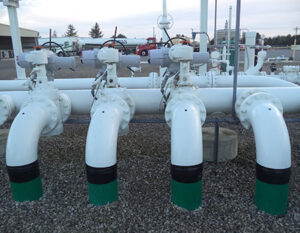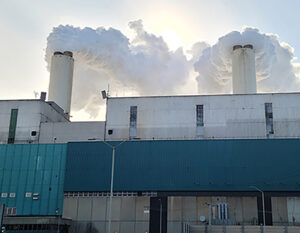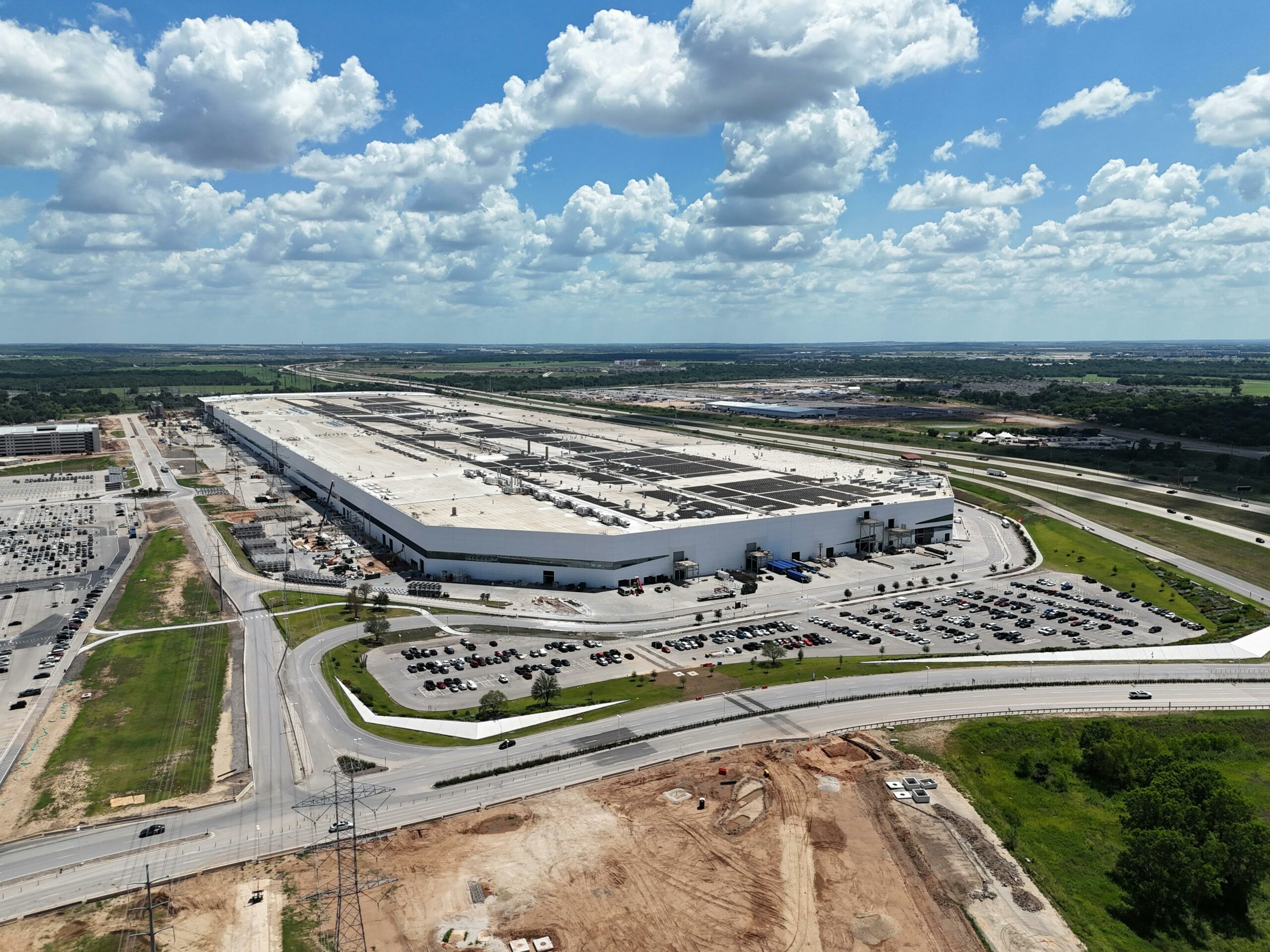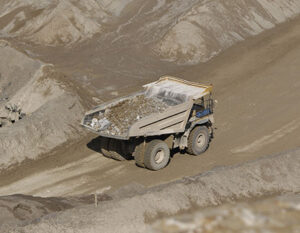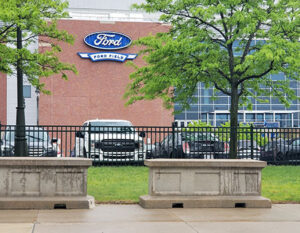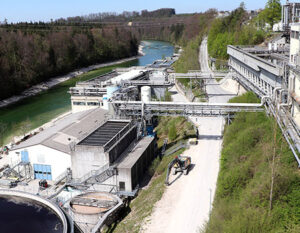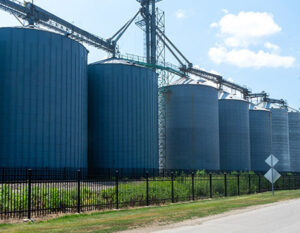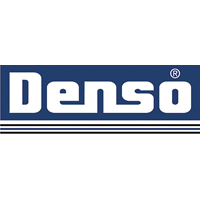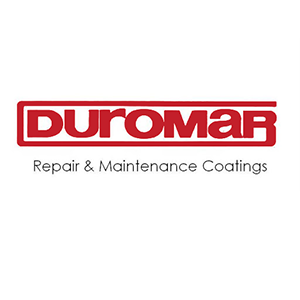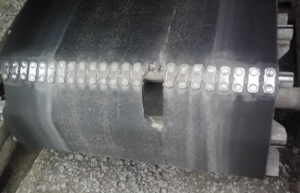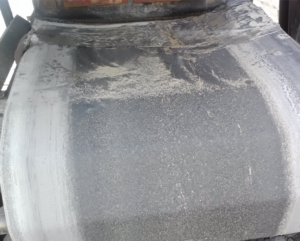The Problem
A local concrete plant was facing recurring issues with their conveyor belts, particularly at the cleats. In an industry where downtime directly impacts productivity and profitability, these problems were more than just a nuisance; they were a significant operational setback. The plant required a repair solution that not only addressed the issue effectively but also allowed the conveyor belts to be back in service on the same day the repair was completed.
The Substrate
The conveyor belts at the concrete plant were made of rubber, a material known for its durability and flexibility, making it ideal for the heavy and continuous movement of materials. However, the stress of continual use, especially at the cleats, had led to damage that needed urgent attention.
The Solution
The repair process involved a few critical steps to ensure both effectiveness and rapid turnaround:
- Damaged Cleat Removal: The first step was to cut out the damaged cleat section of the conveyor belt, addressing the most affected area.
- Reinforcement and Repair: The hole created by the removal of the damaged cleat was repaired using RES808 High Strength Reinforcement Mesh Tape combined with RES401 GP 60 Putty. This combination provided both the necessary strength and flexibility for the repair.
- Cleat Movement Preservation: To maintain the functionality of the cleats, wide cellophane tape was applied over them. This ensured that they could still move freely over the rollers, a crucial aspect for the conveyor belt’s operation.
- Complete Cleat Coating: The entire cleat section was then coated with an additional layer of RES401 GP 60 Putty to reinforce the repair and ensure longevity.
The repair was carried out on a Saturday morning, and impressively, the conveyor belt was back in operation, handling sand, by later that same day.
Products Used
- RES808 High Strength Reinforcement Mesh Tape: Provided additional strength to the repaired area.
- RES401 GP 60 Putty: Used for its quick setting time and durability, ensuring the cleats were repaired effectively and could withstand the rigors of the plant’s operations.

